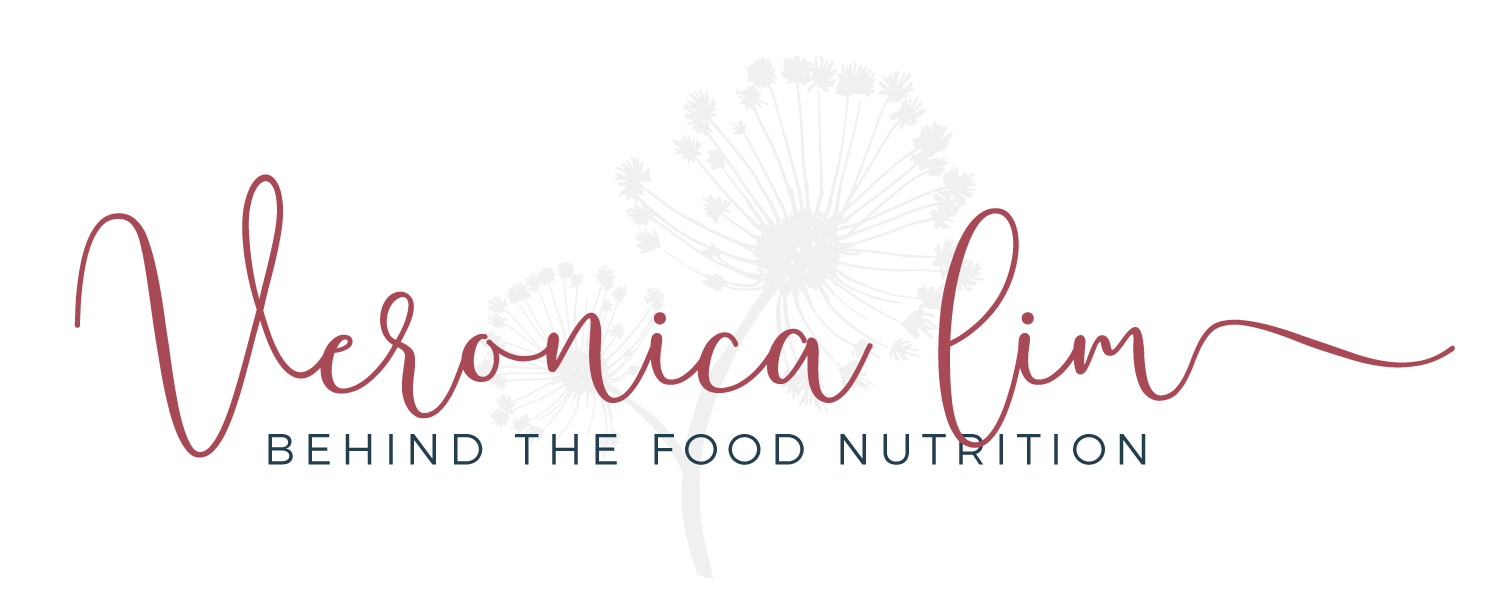Did you know that this is the first time ever that women like you and I have had to deal with both the menopause and the modern lifestyle as we’ve come to know it? When our mothers went through their menopause, the world wasn’t as global or eternally “on” in the way that it is today.
Even as recently as the 90s, we didn’t have social media, email or the internet vying for our attention to the extent that we have it today.
If you happen to work for an international company, you likely come into work to new emails from colleagues from the other side of the world, sent while you were asleep (or should have been! 😋). Or you have a boss that works late. Or one that works and sends you emails over the weekends.
No surprise then that you may feel behind again from where you left off the evening or the week before. Or you check your emails during the night or over the weekend and don’t switch off fully. All of that adds to your stress… even if you may be so used to it now that you don’t think about it anymore.
According to research, our attention spans have shortened greatly too. In 2000, the average attention span was estimated to be 12 seconds. In 2015, this had reduced to 8.25 seconds. And the attention span for a goldfish is…. drum roll please…… 9 seconds. Twitter, anyone? Or guilty of having a habit of skim reading just about everything?
Imagine the kind of messages this sends to your nervous system.
To add to it, you’re likely part of the “in between” or “sandwich” generation. There are both kids to look after, who may or may not be fully grown up now, and there are aging parents who also need your attention.
Even though neither may graciously accept it. You know?
Now, add the fact that your body is going through a significant change, with fluctuating and changing hormones. It’s a physiologically stressful time, in and of itself.
Ooh, now the Christmas festivities too.
Both the outside environment and the one on the inside greatly influence your stress load. And during the menopausal years, your body becomes more sensitive to stress.
The more you have on your menopausal plate – poor food choices, an overloaded liver, a heavy workload, organising the household and children’s activities, an imbalanced gut, drinking more coffee of alcohol than your body can handle, going to bed late, not eating enough, other worries – the more severe your menopausal symptoms are likely to be, especially if these have been going on for a number of years beforehand.
And then, at Christmas and holiday time, one of the most challenging elements that can surface up, perhaps more obviously than at any other time of the year, is this.
The need for control.
Must get the Christmas cards out on time, must get the presents for…., must get the Christmas day festivities organised, must serve up Christmas lunch by x time, must get the place cleaned before this date, must get my work done before the holiday break, must do this and that and the other and the list goes on. Must be perfect.
Deep breath, and pause for a moment.
Are every single one of those things a “must”?
Ooh, did that press a button for you?
If it did, then now’s a good time to start practicing letting go of control, starting in small ways.
I remember consciously starting to do this in 2006. The reason I remember the date so well is because Jeff and I were living in New Zealand at the time, which meant that we had a car (not like in London where we use public transport virtually all the time).
One of my first acts of practising letting go of control was this. Parking right in the middle of two parking spots, totally ignoring the white guidelines.
I assure you, it was at the empty end of the car park, in the middle of the week and at a time of day when I could be sure that I wasn’t depriving anyone else of a parking spot.
Even Jeff, who is so easy-going, said, “You can’t do that!”
Let me tell you, it was hard! I even felt guilty.
“Look, most of the car park is empty, no one’s going to care!”
I had to start to break the pattern.
The conditioning runs deep. And with it, the control that we often feel we must exert, be it over ourselves or others.
Does this resonate with you at all?
Sometimes, it may serve you well. And other times, it may not serve you so well. You only think that it does.
Another example was to do with toothpaste tubes. I used to “have to” have my toothpaste be squeezed from the bottom of the tube so that the tube stayed neat and tidy. Way more obvious in the day when we had metal tubing. Less so these days with the plastic. But the concept remains.
It drove me nuts when someone else used the toothpaste and left dents in places they weren’t supposed to be. Was this really important?
Another example is when you want someone to do something to help you and in your mind, it simply must be done right now!
Feeling the need to be constantly in control takes up valuable energy, and creates internal tension and stress, which in turn, upsets your hormonal balance.
At this time of menopause and hormonal changes, you may be feeling like you’re not in control of your own body. And as paradoxical as it may seem, the practice of letting go in certain areas, as difficult as it may feel in the beginning, teaches you how to let go and relax.
In time, you’ll feel the sense of freedom that comes from it.
After all, if you can’t let go of control, then are you really in control?

